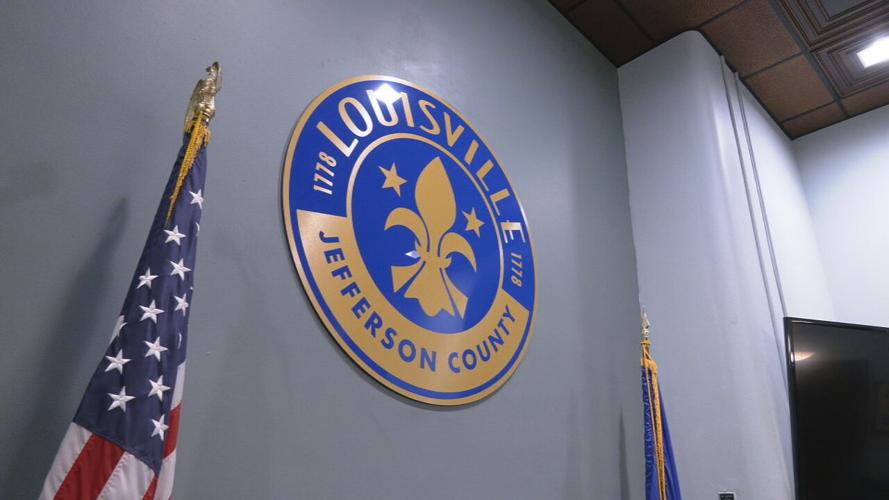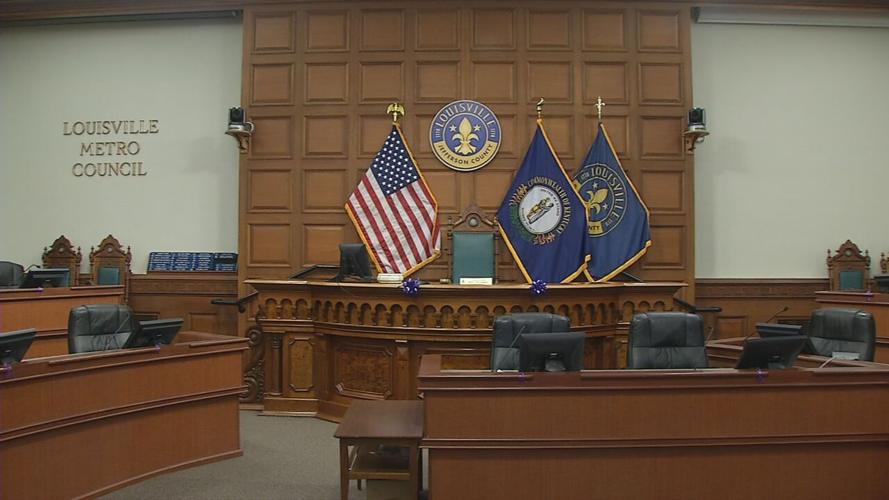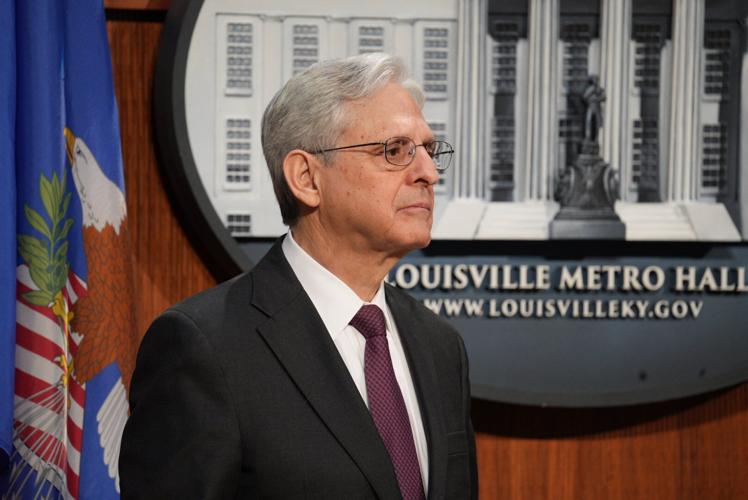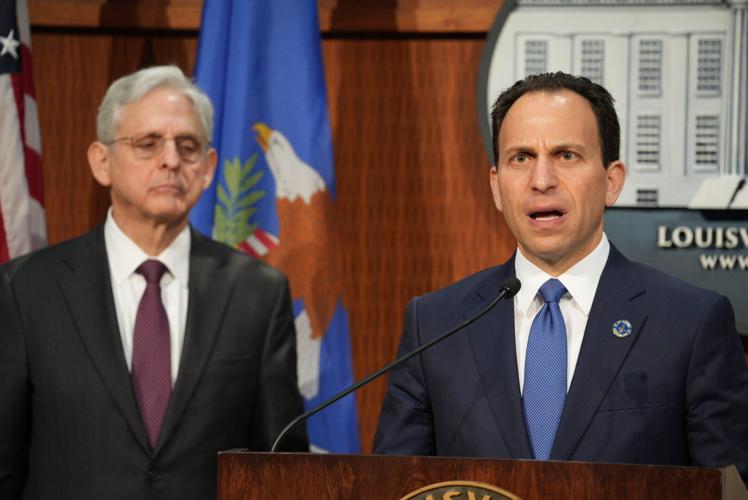LOUISVILLE, Ky. (WDRB) -- After a bombshell report delivered by U.S. Attorney General Merrick Garland earlier this month, the Department of Justice and Louisville Metro Police Department will soon negotiate on an agreement focused on ways to improve policing in Louisville.
When releasing the report, Garland said federal and local officials agreed in principle to enter a court-enforceable consent decree as the department makes agreed-upon changes to policing practices.
The contract with the federal government for police reform is a rare form of sanctioning used at the conclusion of a pattern and practice investigation when a law enforcement agency shows a habitual or systemic issue with breaking the law. The oversight agreement sets tangible requirements for change, metrics to measure the improvement and timelines to achieve them. It's all approved by a federal judge, legally binding and then overseen by an independent monitor who must regularly report progress or any problems to the public.
But before consent decree negotiations begin, Louisville Metro Council and members of the community are demanding more information first.
Garland and the DOJ issued a scathing report into Louisville police practices after a nearly two-year, wide-ranging civil rights review of LMPD in the wake of the 2020 police killing of Breonna Taylor.
In the nearly 100-page report, federal investigators strongly rebuked the actions of Louisville police, saying they believe the department and Metro Government for years engaged in practices that violated the U.S. Constitution and federal law, including excessive use of force and searches based on invalid search warrants.
But it's what isn't included in the report that has some Council members, and some in the community, questioning how the city can even move forward.
"Where does accountability start if we don't know the people to hold accountable," Savvy Shabazz, with All of Us or None Kentucky, asked during a Metro Public Safety Committee meeting Tuesday evening.
Throwing drinks at people, assaulting people with disabilities, racial disparities in traffic stops — just a few of the examples where the DOJ said LMPD violated the constitution and federal law.
"I think that's one of the most important things, accountability," said Shabazz.
Now, community members and some council members want to know which officers were involved in every violation described in the DOJ report.
"We're asking for the names," said Councilwoman Tammy Hawkins, D-1. "If they are still active officers. One of the reasons for that is there is no way we can bridge a gap. And there is no way to start accountability if you don't start with that."
Both people in the audience at Tuesday's Public Safety Committee meeting, and other council members, agreed with Hawkins, who said there's a lack of confidence and she can't negotiate a consent decree in good faith.
"To solve a problem, you have to understand the problem, and in order to understand the problem, you have to have access to the information," said Councilman Jeff Hudson, D-23.
David Kaplan is the attorney for Mayor Craig Greenberg's Office. He said there has been "correspondence" from the DOJ on how to connect some LMPD files — such as body camera footage — to the examples detailed in the DOJ's report. But, he said, a list including officer's names was not part of that.
"I think the Department of Justice believes they've provided us with enough information to be able to intelligently negotiate a consent decree with them that will be acceptable," Kaplan said.
Looking ahead, those in the community hope to also be a part of the negotiations.
"When you say community, we need to be in that space," Shabazz said.
They mayor's office said the DOJ will be back in Louisville next month to host more of its open community meetings.
Copyright 2023 WDRB Media. All Rights Reserved.























